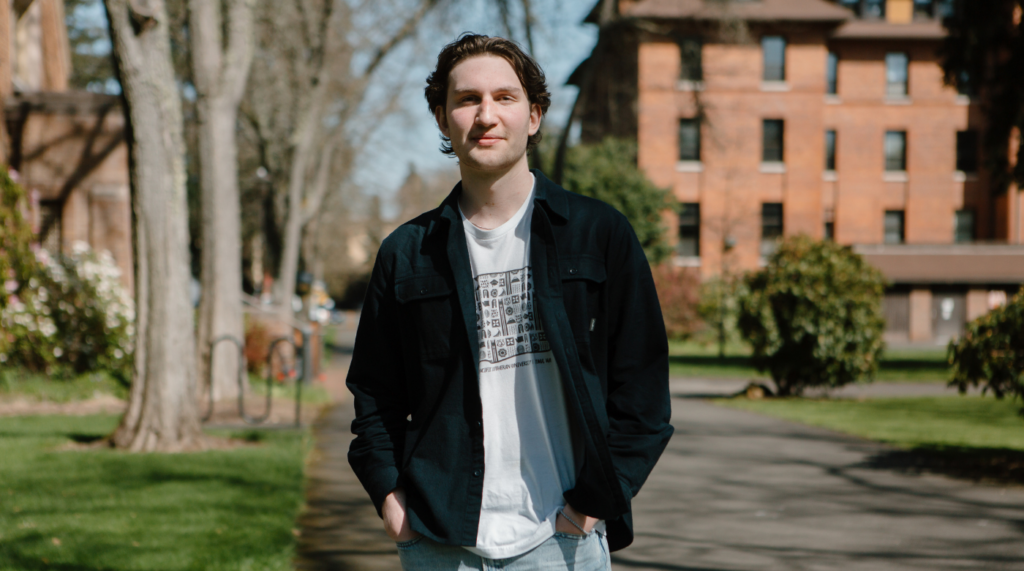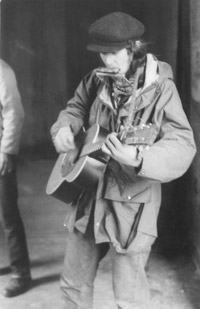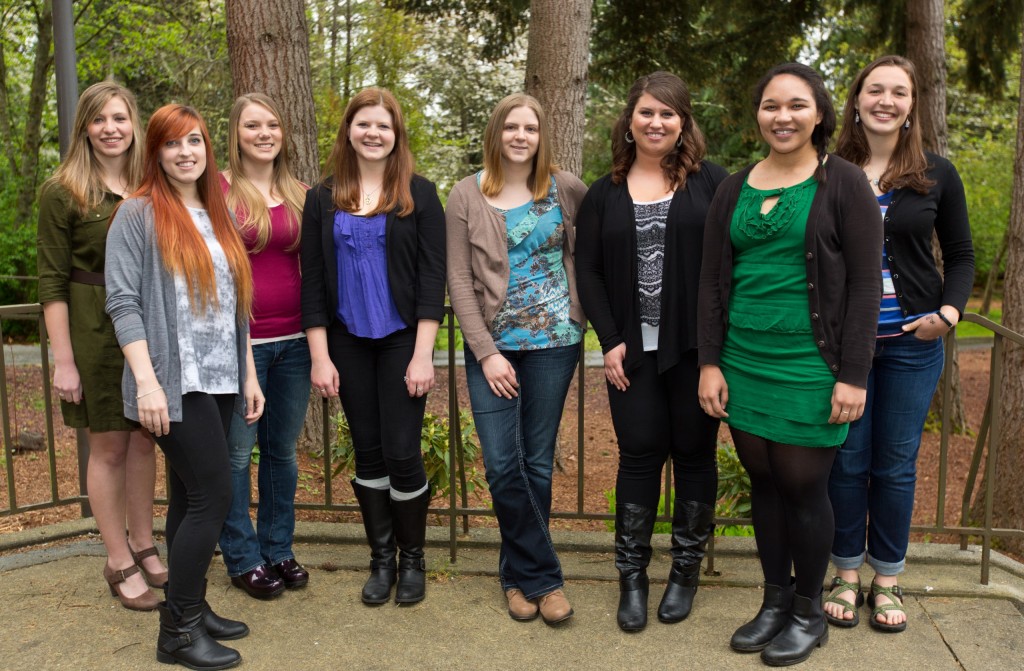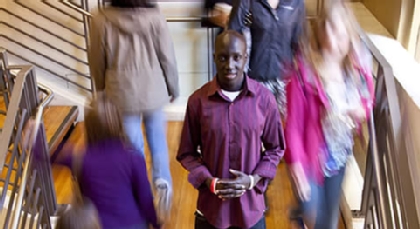Page 9 • (93 results in 0.074 seconds)
-

Previous Law school-bound Jasneet Sandu ’23 is passionate about global studies, anthropology, computer science and religion Read Next Communications and psychology double major Alex Reed ’23 explored film and storytelling at PLU COMMENTS*Note: All comments are moderated If the comments don't appear for you, you might have ad blocker enabled or are currently browsing in a "private" window. LATEST POSTS Three students share how scholarships support them in their pursuit to make the world better than how
-
problems of our time.” While there are very concrete ethical concerns to be explored here, which philosophy is well equipped to do, there are also larger metaphysical questions about humans’ place in nature and the human-nonhuman relationship. While our work draws on research in biology, anthropology, psychology and ethology, we bring the systematic and sustained examination that philosophy provides by scrutinizing methods, assumptions and implications. By exploring lifelong questions of meaning
-
June 15, 2009 Perspective: Rethinking the global citizen The field of Subaltern Studies came into existence to address a perceived problem with the way that existing scholarly paradigms in anthropology, Latin American studies, and many other fields, had understood the “objects” of study: people in cultures other than those of the scholar. Subaltern Studies sought to engage the subaltern as an ally and participant in the academic process. The communities being studied in this way, at least
-

of all I wanted be an astronomer. Dad was a physicist. I grew up with telescopes and I still read Scientific American every month. I still follow that stuff avidly,” Youtz says. “I wanted to be a philosopher, I wanted be a historian, I love anthropology, of course I have no formal training in any of these. “Music just kept pulling me back.” “My music is essentially dramatic, it’s story telling. Because I’ve spent so much time doing so many different things, I’ve spent a lot of time thinking about
-

Science and Global Studies with an Anthropology minor. Graduation: December 2014. Peace-building experience: Daugherty is an International Peer Advisor and a member of the Network for Peacebuilding and Conflict Management. She spent fall of her sophomore year studying Peace and Conflict Studies in Oslo, Norway, as part of PLU’s Gateway program. She also took the J-Term 2014 course in Northern Ireland about dialogue and peace-building post-conflict. Her peace philosophy: “The biggest challenge to peace
-

. We asked three Lutes who have each managed to study away multiple times (one even squeezed in seven different programs!) to share about their own experiences.Acadia GrahamJunior (Class of 2020). Hometown: Anchorage, AK Global Studies major, Anthropology and dance minors, Peace Corps Prep program (Youth & Development Track) Involvement: Admission Intern, Global Ambassador for Wang Center for Global and Community Engaged Education, Outdoor Recreation guide Number of times studying away: I’ve
-

urgency,” Akuien said. “You had to always keep moving.” Nick Miller ’10, anthropology major, and David Akuien ’10 talk during lunch. The two became friends while working together in Conferences and Events for the past three years. It wasn’t just sickness that would kill, but also the people along the way. Maybe it was a bandit or soldier, whose side they were on wasn’t always easy to tell.“You might walk into the enemy,” he said. The faces he remembers most are those of the nearly 8,000 Lost Boys who
-
: Anthropology and Religion, minor in Political Science. Hometown: Helena, Montana. PLU Accomplishments: Peace Scholar, Pinnacle Society member, ASPLU Programs Director, Montana Club President, Campus Ministry Steward, Brian C. Olson Alumni Award, Lute Talks Presenter, Gonyea Fellow, Leadership Board and Tour Guide for Admissions, and Religion Tutor. Favorite PLU memory: “Earlier this spring, the award-winning director Jehane Noujaim came and spoke about her film The Square and the role media play in
-
un art. Elle es une science pure.” Professor Emeritus of French Mark Jensen Such a formulation may strike us as naïve, but modern historiography has been marked by attempts to import into history the prestige of this or that field of scientific or pseudo-scientific endeavor. Sociology, economics, psychoanalysis, anthropology and linguistics are only some of the disciplines that have been exploited in this way. (The philosophical justification for Pacific Lutheran University’s assignment of the
-

wider worlds of business, economics, and technology. For your program, Marc, there were faculty from History, Sociology, Economics, and Anthropology involved!” Michael: “Matt, can you tell readers how you got started with your business history project?” Matt: “Sure—It began with my shared interests in History and Economics. In this case, you were my faculty adviser, Dr. Halvorson, so when you described your current research on the early history of personal computing, I was intrigued. The topic that
Do you have any feedback for us? If so, feel free to use our Feedback Form.


